

2019-12-28 09:36:00 Sat ET
treasury deficit debt employment inflation interest rate macrofinance fiscal stimulus economic growth fiscal budget public finance treasury bond treasury yield sovereign debt sovereign wealth fund tax cuts government expenditures
Global debt surges to $250 trillion in the fiscal year 2019. The International Institute of Finance analytic report shows that both China and the U.S. account for at least 60% of this sharp increase in global debt. In particular, global public debt increases from $65 trillion to $70 trillion in 2019, and this increase arises primarily from the recent surge in U.S. federal debt. This latter public debt accumulation results from the recent Trump tax cuts and infrastructure expenditures.
Meanwhile, the current low-interest-rate environment makes it extremely easy for public corporations and sovereign wealth funds to borrow more money worldwide. Total government debt represents more than 2.5 times annual real GDP in China. Low long-run government bond yields and high corporate debt mountains continue to be red alerts for the next recession in several economies such as Britain, France, Germany, Japan, Italy, and Spain. The monetary authority cannot sustainably fund fiscal deficits via new public bond issuance without an eventual increase in money supply growth or price inflation. When push comes to shove, an inflationary shock above the 2% target may tilt the central bank response toward a hawkish monetary policy emphasis on price stabilization.
If any of our AYA Analytica financial health memos (FHM), blog posts, ebooks, newsletters, and notifications etc, or any other form of online content curation, involves potential copyright concerns, please feel free to contact us at service@ayafintech.network so that we can remove relevant content in response to any such request within a reasonable time frame.
2018-01-25 08:32:00 Thursday ET
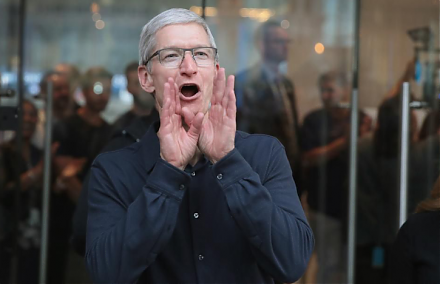
After its flagship iPhone X launch, Apple reports its highest quarterly sales revenue over $80 billion in the tech titan's 41-year history. Apple expect
2018-11-29 11:33:00 Thursday ET
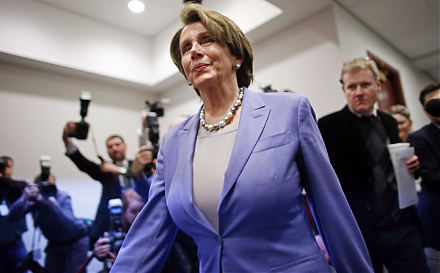
A congressional division between Democrats and Republicans can cause ripple effects on Trump economic reforms. As Democrats have successfully flipped the Ho
2024-02-04 08:28:00 Sunday ET
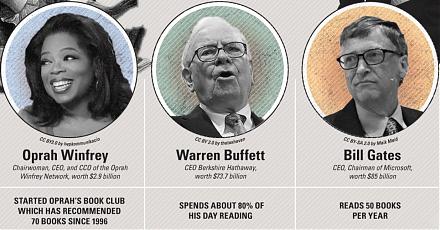
Our proprietary alpha investment model outperforms most stock market indexes from 2017 to 2024. Our proprietary alpha investment model outperforms the ma
2018-03-25 08:39:00 Sunday ET
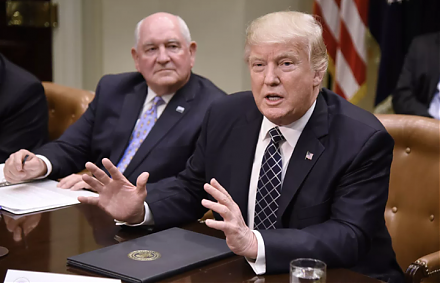
President Trump imposes punitive tariffs on $60 billion Chinese imports in a brand-new trade war as China hits back with retaliatory tariffs on $3 billion U
2025-03-03 04:11:06 Monday ET
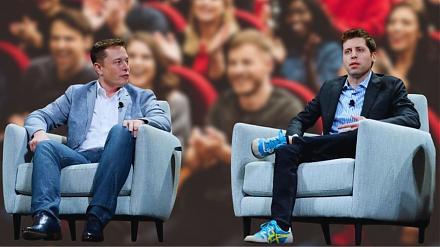
Is higher stock market concentration good or bad for Corporate America? In recent years, S&P 500 stock market returns exhibit spectacular concentrati
2018-06-17 10:35:00 Sunday ET
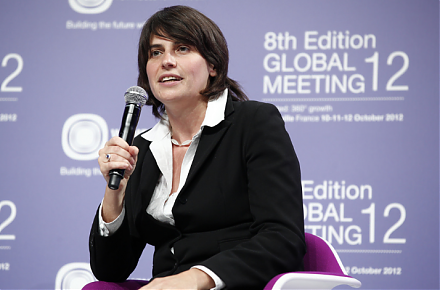
In the past decades, capital market liberalization and globalization have combined to connect global financial markets to allow an ocean of money to flow th